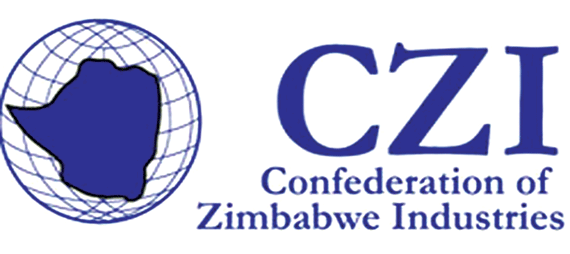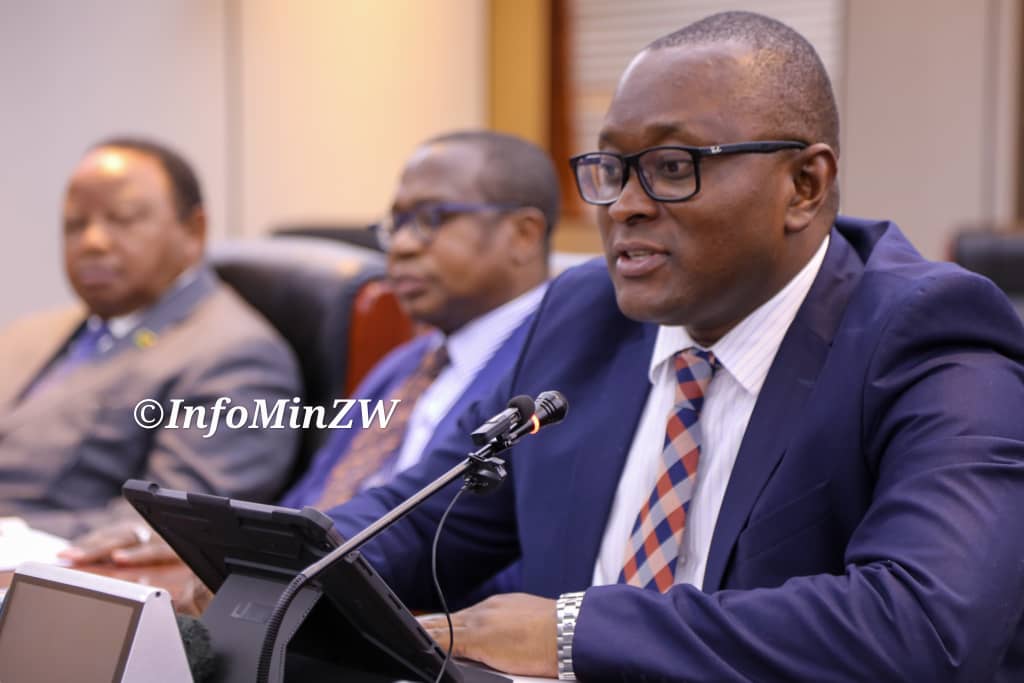Consumers to bear brunt of exclusive sale of fuel in forex -CZI
Share

Bulawayo (New Ziana)-Industries in Zimbabwe will not have an option but to pass on to consumers, the burden of buying fuel exclusively in United States dollars as it is the largest cost component, accounting for between 45 percent and 75 percent of production costs, an official has said.
Confederation of Zimbabwe Industries rail sector representative Ainah Duge-Kaguru said this during a breakfast meeting to unpack the new Monetary Policy Statement (MPS) at the Zimbabwe International Exhibition Centre.
She urged the Reserve Bank of Zimbabwe governor John Mushayavanhu, to re-look at the fuel pricing model in the country.
“We talked about the matter of fuel which affects the whole of industry. We did not quite get a response that is adequate for us because the new currency ZiG (the Zimbabwe Gold) will not buy fuel,” said Dube-Kaguru, who is also the National Railways of Zimbabwe regional manager.
“For the NRZ, we used to access ZWL fuel through PetroTrade but now it has been confirmed we should find other ways. So, when it is like that, because we are the transporter, and the industry looks at transportation as core in their operations. When the transporter is going to be getting fuel exclusively in US dollars, it means that we will pass this down and the consumer suffers at the end of the day.
“What can we do about fuel for industry? That is very critical for us. So, we are saying we are giving it to the Governor to re-look into the matter,” Kaguru said.
She stressed the need for the stability of the new currency to deal with inflation and exchange rates.
“We also trade internationally, we are dealing with nations that have their very stable currencies, such as the South African Rand. When they come here to trade they will also find the Rand in Zimbabwe. We are saying let ZiG do the same. We want to go to South Africa with our ZiG and should be able to operate from that side,” she said.
Responding to the issue of fuel being sold exclusively in US dollars, Mushayavanhu said service stations will find themselves without any option but to sell in ZiG because they will need to settle some of their obligations in local currency.
“Come June, when they are required to pay 50 percent of their QPDs (quarterly payment dates, on which tax is paid every year) in ZiG, where will they get the ZiG from when they are selling 100 percent in USD?”
Mushayavanhu said under normal circumstances all domestic transactions should be in the local currency.
“We, however, do understand our current position where 80 percent o transactions are in US dollars and 20 percent in ZiG,” he said.
New Ziana









